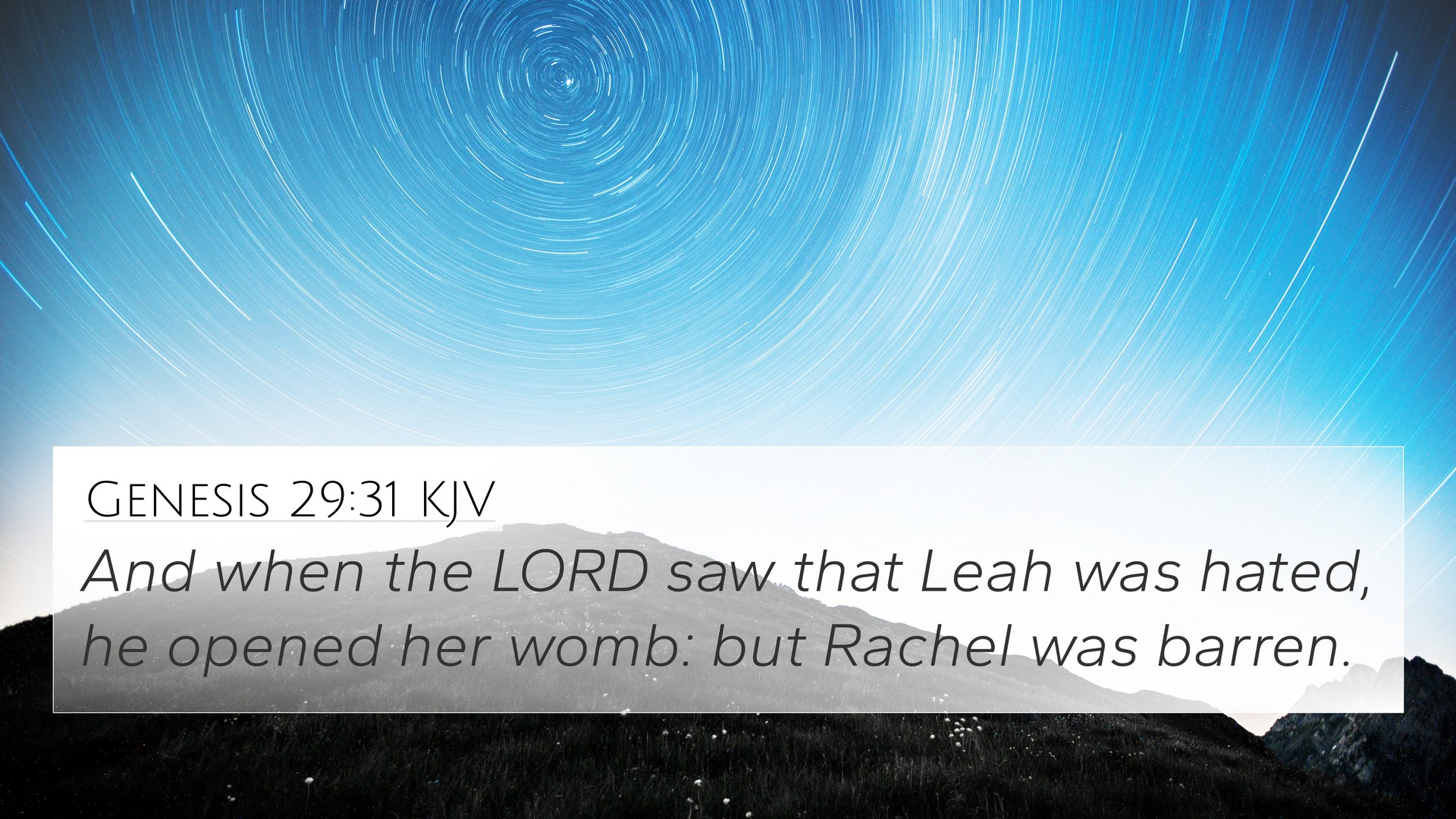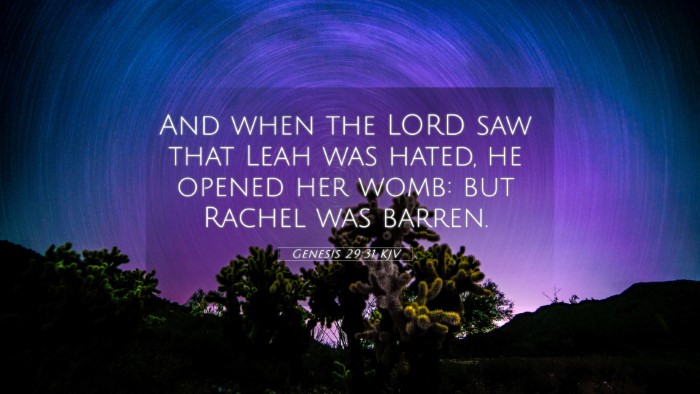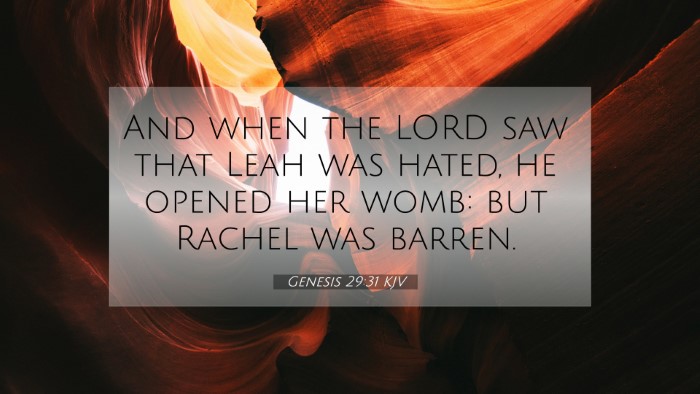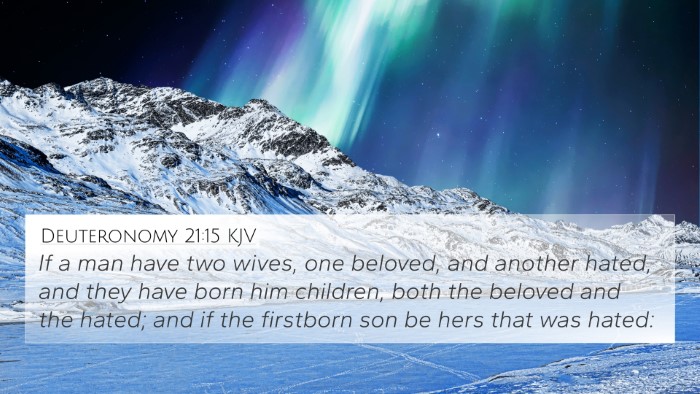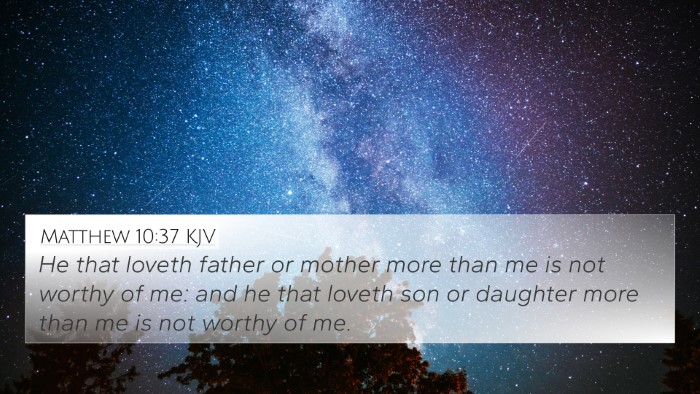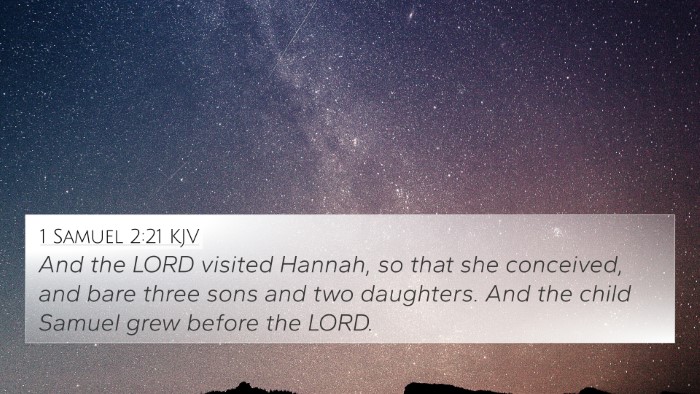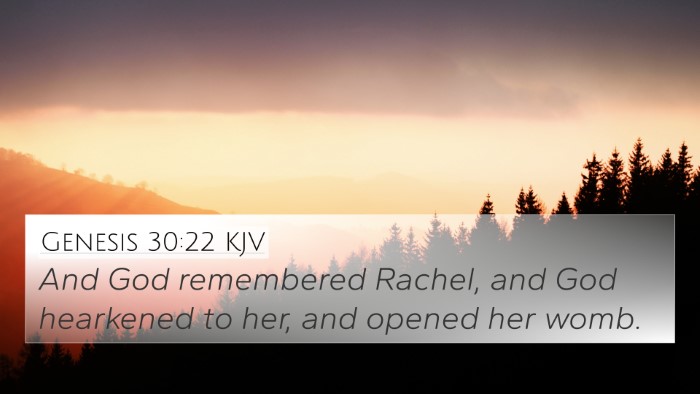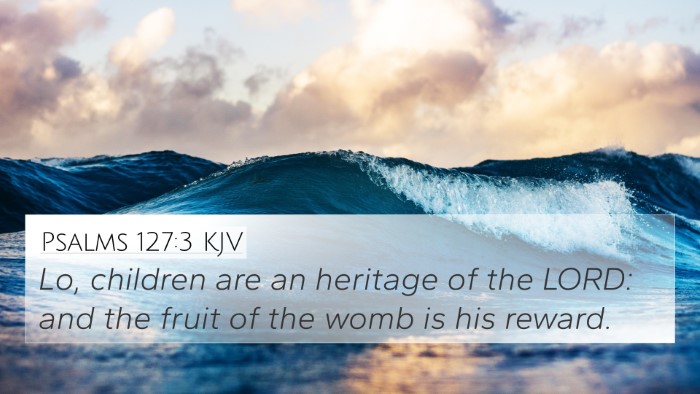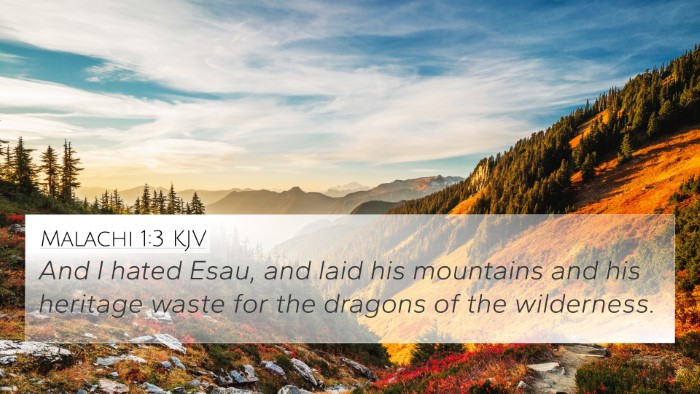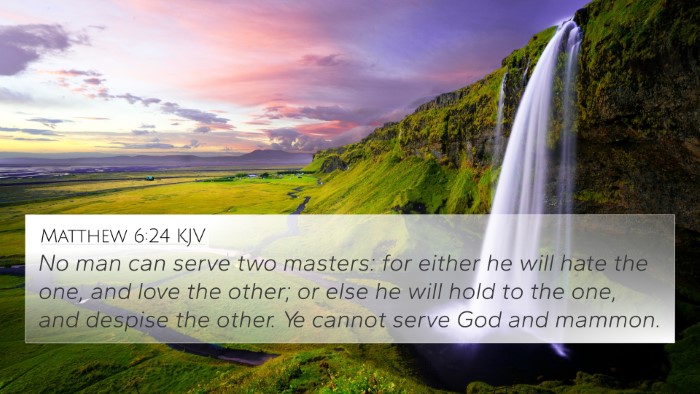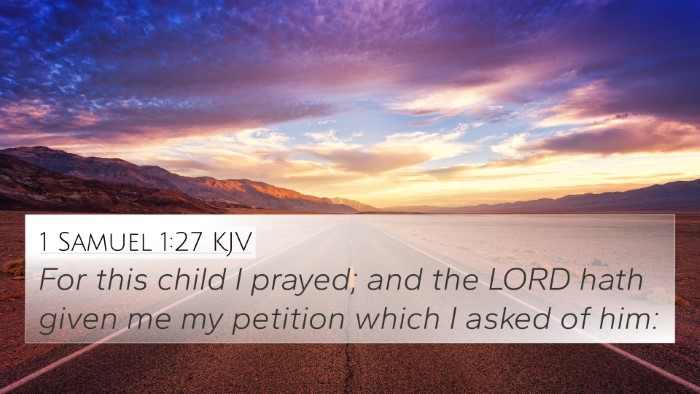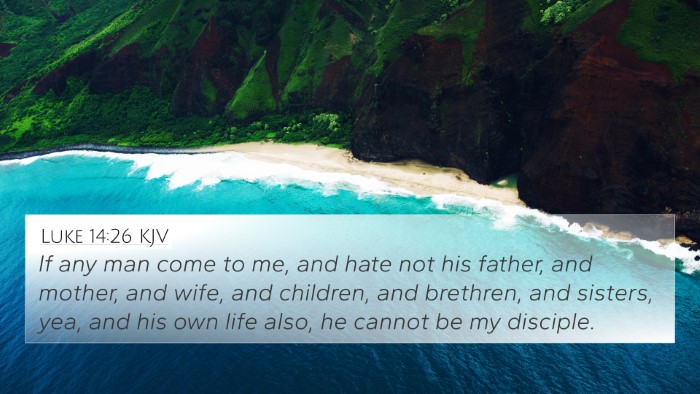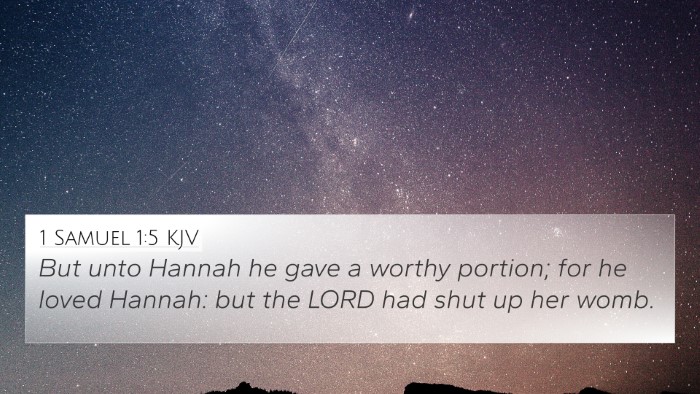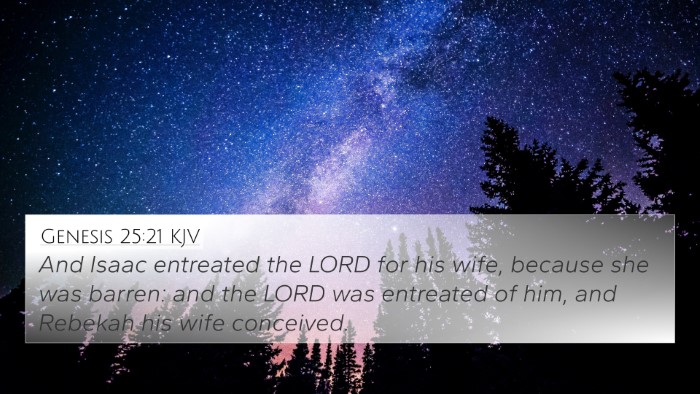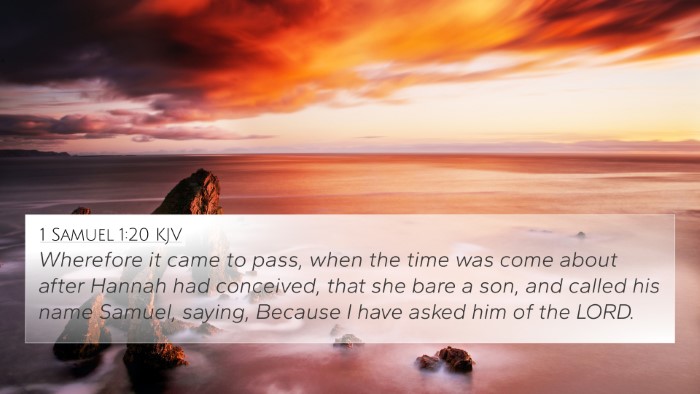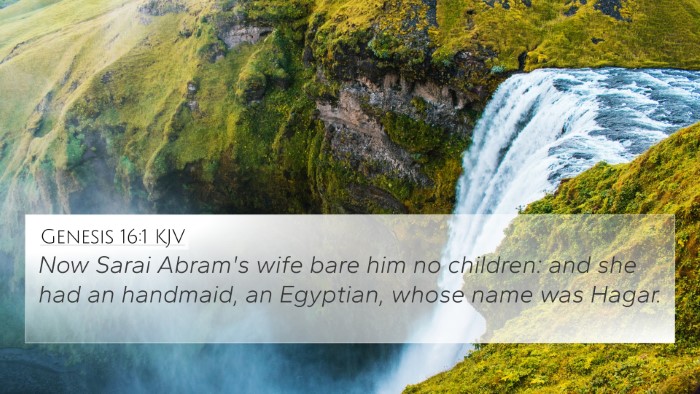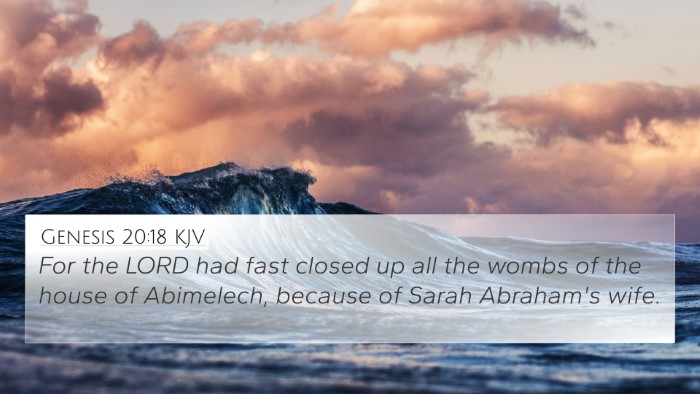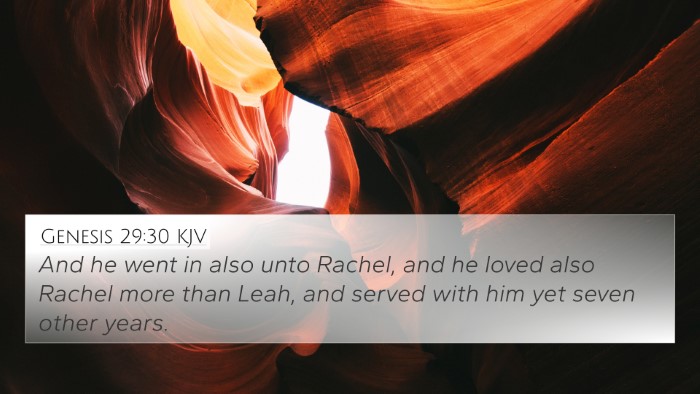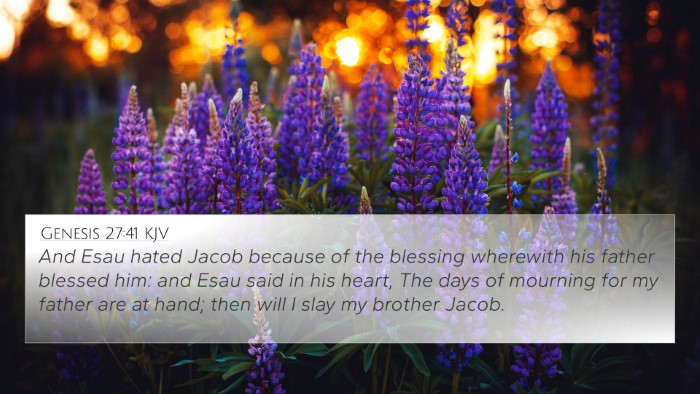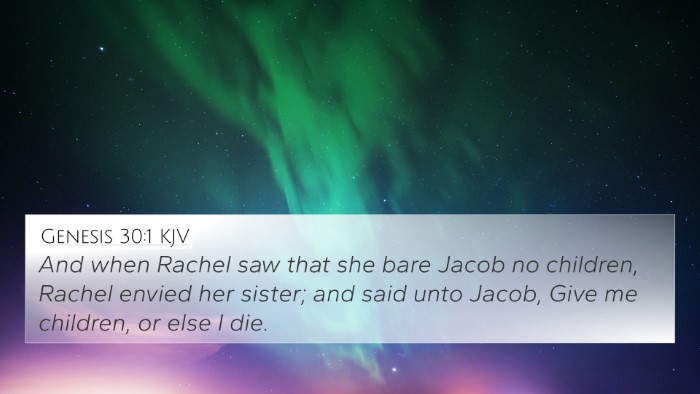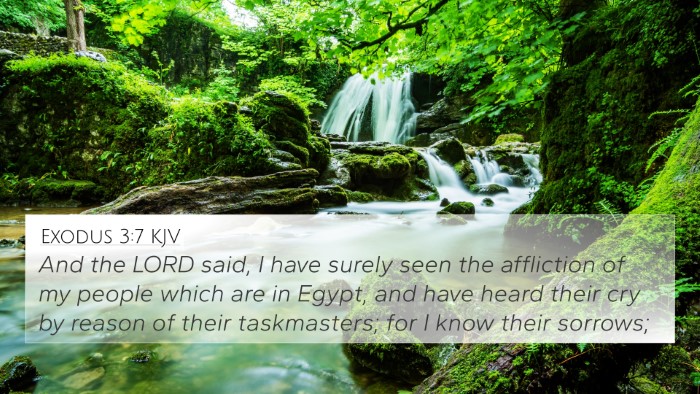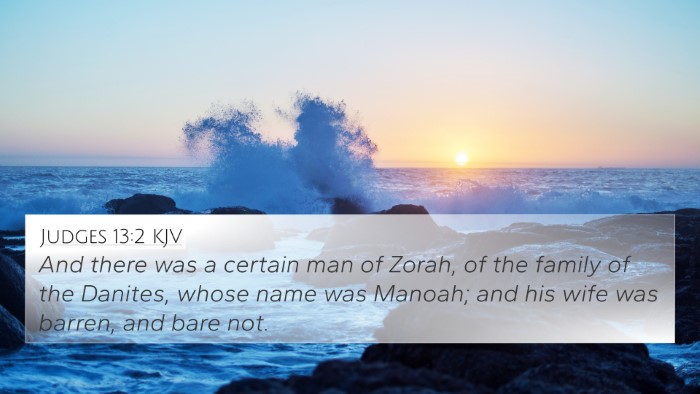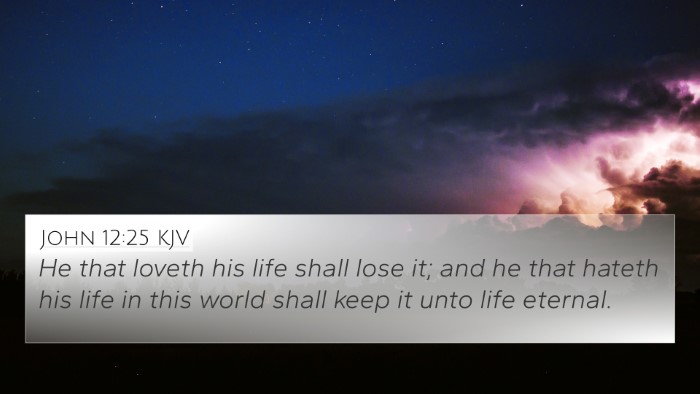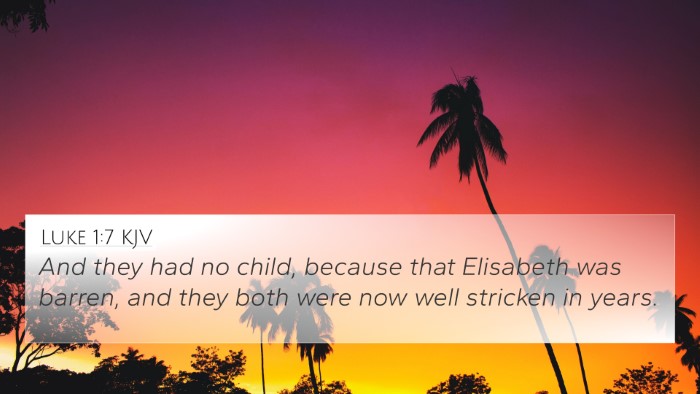Understanding Genesis 29:31
Genesis 29:31 states: "And when the LORD saw that Leah was hated, he opened her womb: but Rachel was barren." This verse presents a profound insight into the dynamics of relationships, divine intervention, and the unfolding of God's plan in the lives of His people.
Commentary Insights
In exploring this verse, we can draw from renowned public domain commentaries including those by Matthew Henry, Albert Barnes, and Adam Clarke. These commentaries provide a comprehensive understanding of the text and its implications.
Matthew Henry's Commentary
Matthew Henry emphasizes God's sovereign choice in opening Leah's womb, suggesting that Leah's situation was not merely a consequence of her husband Jacob's affections but rather an act of God's grace. He points out that God sees the marginalized and suffers with them, indicating that divine favor often rests on those who are overlooked. Henry notes that Leah's ability to bear children illustrates God's providence over the family dynamics of Israel's patriarchs.
Albert Barnes' Commentary
Albert Barnes provides a historical context to the verse, highlighting the social dynamics between Leah and Rachel. He explains that Leah's bearing of children while Rachel remained barren was a significant event that not only affected their personal lives but also had considerable implications for the twelve tribes of Israel that emerged from their offspring. Barnes interprets Leah's pregnancy as a response to the misalignments inherent in the marriage, seeking to honor God amidst familial challenges.
Adam Clarke's Commentary
Adam Clarke focuses on the emotions involved in this narrative. He remarks on Leah's feelings of rejection and how her experiences shaped her relationship with God. Clarke suggests that the act of God opening Leah's womb can be viewed as a compensation for her lack of affection from Jacob. He also draws attention to the fact that this moment set the stage for the larger narrative of Israel's lineage, with Leah ultimately becoming the mother of more children than Rachel. This highlights God's ability to work through human circumstances for greater purposes.
Key Themes and Interpretations
This verse introduces several pivotal themes:
- Divine Sovereignty: The providential activity of God in human affairs.
- Family Relationships: The complexities of familial ties and affections, particularly in the context of marriage.
- Social Justice: God's attention to those who are marginalized or undervalued.
- Fulfillment of God's Promises: The beginning of a lineage that would lead to the nation of Israel.
Bible Verse Cross-References
Genesis 29:31 connects to various other scriptural passages that elaborate on its themes:
- 1 Samuel 1:5-6: Hannah’s barrenness and God’s intervention.
- Genesis 30:1-2: Rachel’s jealousy and Leah’s response.
- Exodus 1:6-7: The blessings of fruitfulness among God’s chosen people.
- Psalm 113:9: The Lord makes the barren woman to keep house and be a joyful mother of children.
- Romans 9:10-12: God's sovereignty over whom He chooses for His purposes.
- Genesis 49:31: The significance of Leah in God's redemptive history.
- Matthew 1:2-3: The genealogy of Jesus, mentioning Tamar, Rahab, and Ruth, emphasizing God's grace toward women.
- Isaiah 54:1: A call for the barren to rejoice, paralleling Leah's story.
- Galatians 4:27: A New Testament reference reflecting on the theme of barrenness and fruitfulness.
Concluding Thoughts
Genesis 29:31 serves as a powerful reminder of God's involvement in human affairs, particularly concerning relationships marked by pain and rejection. It invites readers to reflect on the ways in which God honors the overlooked and ensures that His covenant promises are fulfilled. By examining the connections between this verse and others, we gain deeper insights into God's character and His plans for humanity.
Tools for Bible Cross-Referencing
For those interested in exploring the connections between Bible verses and developing a richer context for their study, several tools and methodologies may be helpful:
- Bible Concordance: An index that helps locate specific terms and verses.
- Bible Cross-Reference Guide: A structured approach to identifying connected verses.
- Cross-Reference Bible Study: Techniques for exploring themes and concepts across the scriptures.
- Bible Chain References: A method for following a thematic thread through different scriptures.
Long-Tail Keywords
Users seeking more specific applications of cross-referencing may ask:
- How to find cross-references in the Bible?
- Identifying connections between Old and New Testament passages.
- Comparative study of Pauline epistles and their relevance to the themes in Genesis 29:31.
- Bible verses related to the theme of divine favor and motherhood.
User Intent
Those encountering this verse may wonder:
- What verses are related to Genesis 29:31?
- Find cross-references for Leah's experience in the Bible.
- How do Genesis 29:31 and Psalm 113:9 connect?
